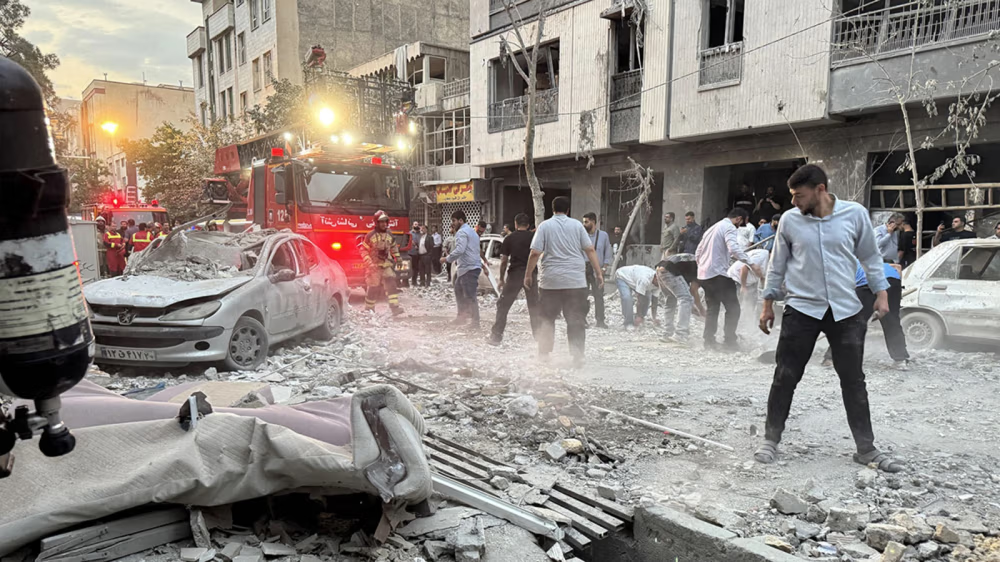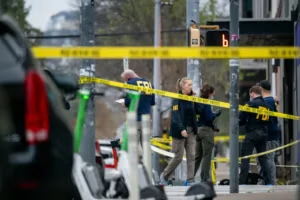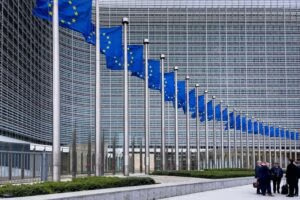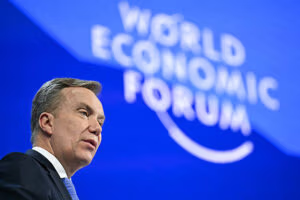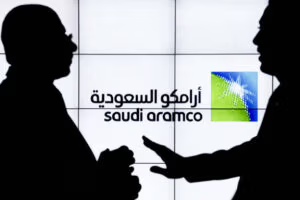President Donald Trump confirmed on Sunday that the United States had launched a “successful” bombing campaign targeting three Iranian nuclear sites, declaring they had been “obliterated.” The strikes, which mark a significant escalation in the conflict between Iran and Israel, were reportedly carried out in “full coordination” with Israel, according to Israeli officials.
Iranian authorities acknowledged that the facilities were hit but denied suffering major damage.
One of the most heavily targeted sites was Fordo, a uranium enrichment plant buried deep within a mountainside south of Tehran. The U.S. is believed to have deployed GBU-57 Massive Ordnance Penetrators (MOPs), known as “bunker buster” bombs, designed to penetrate thick concrete and earth before detonation. Media reports suggest the U.S. also struck two other facilities at Natanz and Isfahan.
Fordo is considered especially difficult to reach due to its extreme depth — even deeper than the Channel Tunnel linking the UK and France. The MOPs, each weighing approximately 13,000 kg (30,000 lb), are the only known weapons capable of breaching such fortified locations, although success is not guaranteed.
While the full extent of the damage remains unclear, the Iranian Atomic Energy Organization condemned the attacks as a “barbaric violation” of international law. Iran also claimed that it had previously evacuated the targeted facilities. “We didn’t suffer a major blow because the materials had already been taken out,” said Hassan Abedini, deputy political director of Iran’s state broadcaster, in a televised appearance.
International monitors, including Saudi Arabia and the International Atomic Energy Agency (IAEA), reported no increase in radiation levels following the strikes.
In response, Iran launched missiles that struck parts of Tel Aviv and Haifa, injuring at least 86 people, officials confirmed. Iranian Foreign Minister Abbas Araqchi condemned the U.S. action and accused Trump of betrayal. “Trump had betrayed Americans who had been promised an end to US involvement in Middle East wars,” he said.
UK Prime Minister Sir Keir Starmer stated the U.S. acted to “alleviate” a “grave threat” from Iran’s nuclear program and urged Tehran to engage in diplomatic talks. UN Secretary-General Antonio Guterres called the U.S. strikes a “dangerous escalation,” while EU foreign policy chief Kaja Kallas urged all parties to de-escalate and resume negotiations.
Saudi Arabia expressed “great concern,” and Oman condemned the U.S. action, calling for restraint. Indian Prime Minister Narendra Modi said he spoke with Iranian President Masoud Pezeshkian and called for “dialogue and diplomacy as the way forward.”
Russia also reacted strongly. Dmitry Medvedev, a senior political ally of President Vladimir Putin, said: “Trump, who came in as a peacemaker president, has started a new war for the US. With this kind of success, Trump won’t win the Nobel Peace Prize.”
The current escalation follows a surprise Israeli offensive on June 13 targeting Iranian nuclear and military infrastructure, part of what Israeli Prime Minister Benjamin Netanyahu called a preventative effort to stop Iran from acquiring nuclear weapons. Iran has consistently insisted that its nuclear activities are for peaceful purposes.
In the days following Israel’s initial attack, Tehran retaliated with a barrage of rockets and drones. The air war between the two nations has continued for over a week.
Trump had recently stated that Iran would have two weeks to come to the negotiating table before facing military consequences — a timeline that was ultimately shortened. While the U.S. and Iran were engaged in nuclear talks at the time, the strikes now place the future of diplomacy in doubt.


